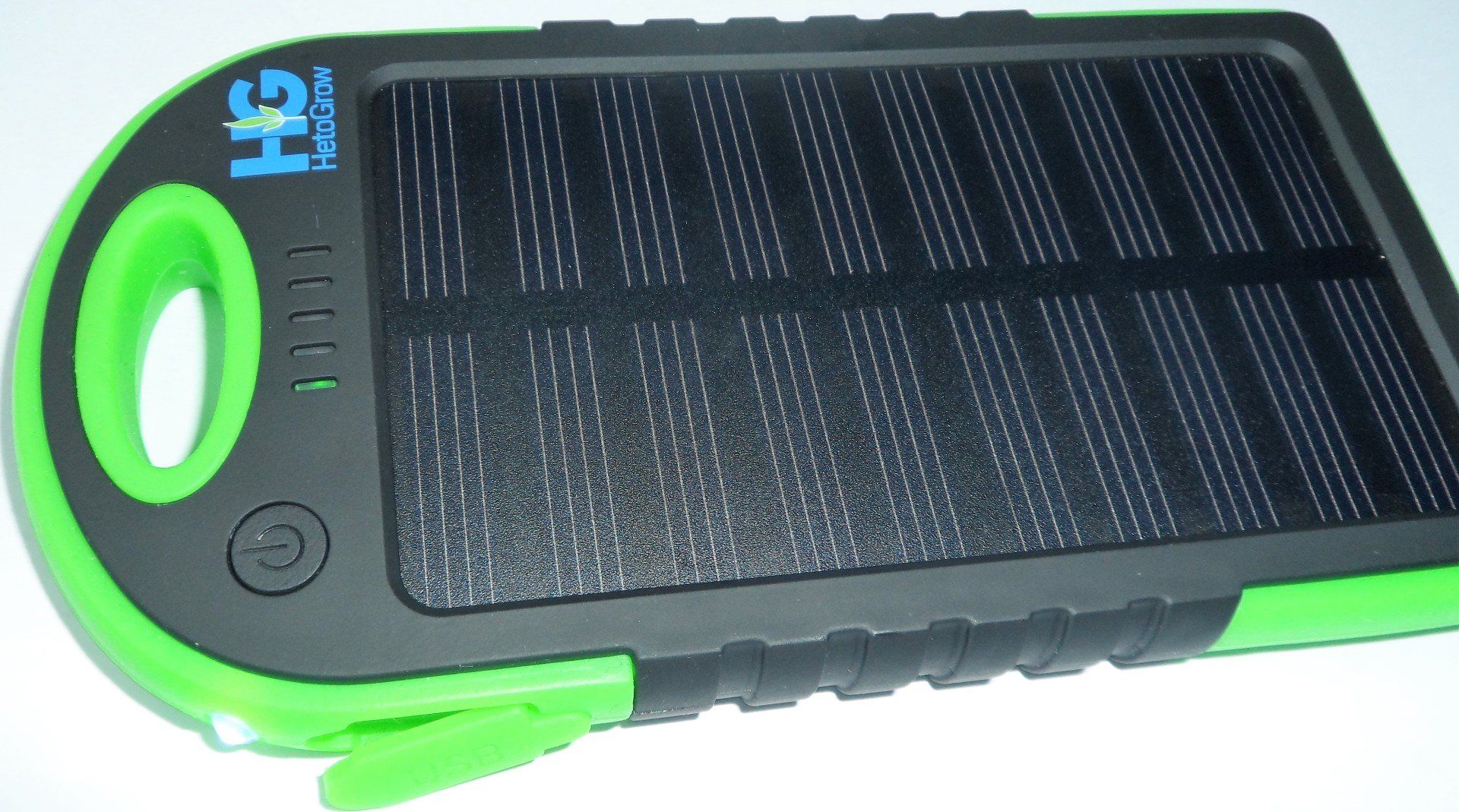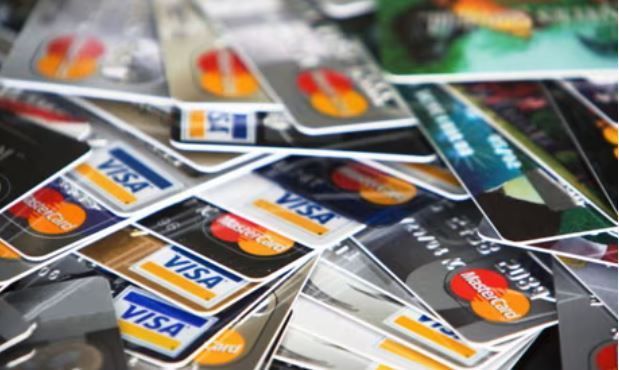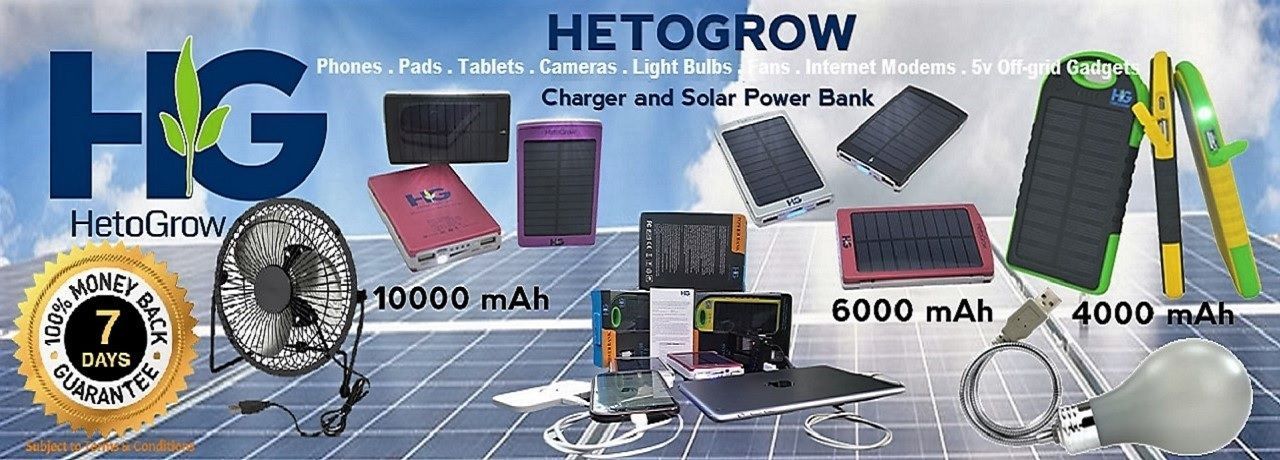The African Free Trade Area
The One-African-Market for Made-in-Africa
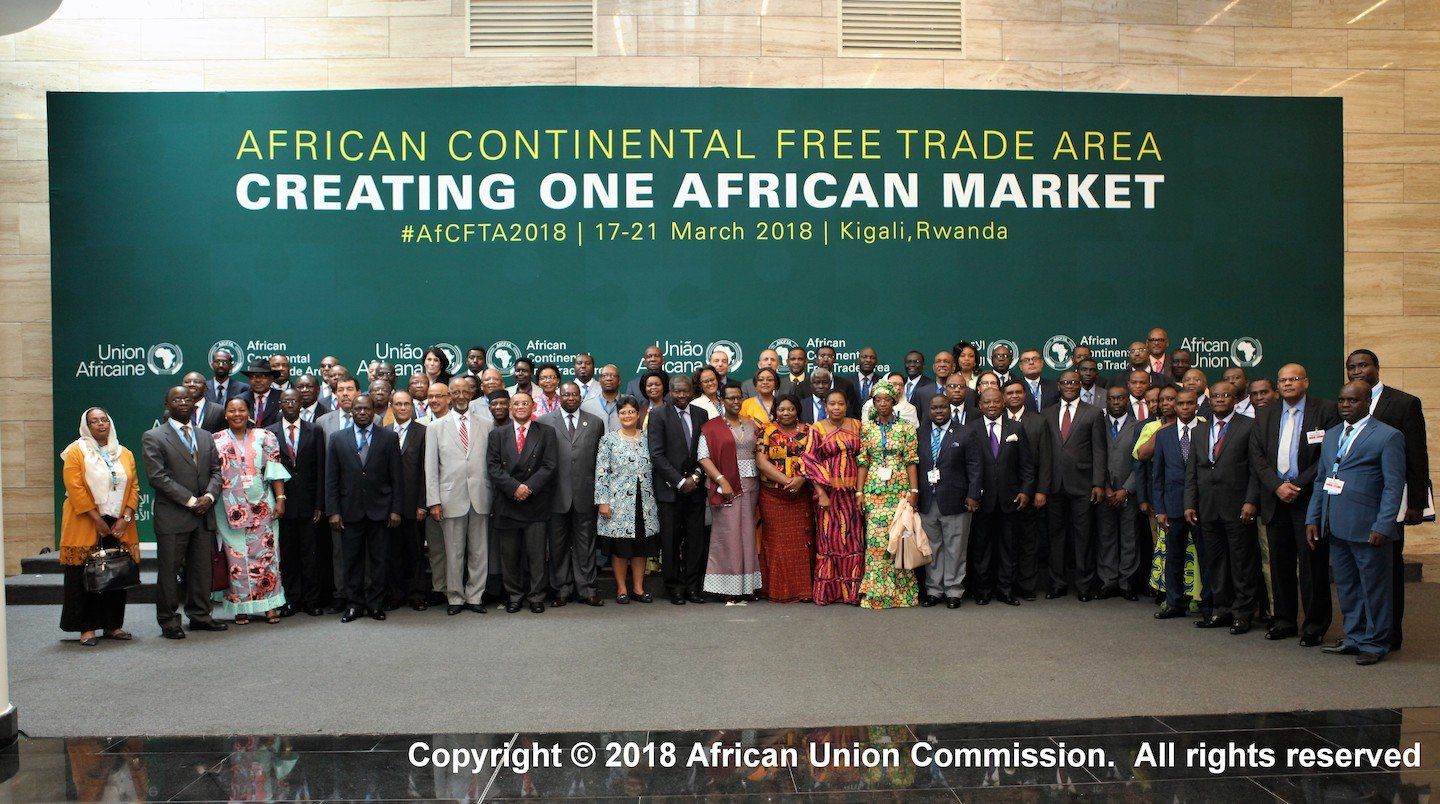
On 21 March 2018 the African Union (AU) agreed to establish the African Continental Free Trade Area (AfCFTA). The upside implication of this is that Africa will become one of the world’s largest free trade blocs with over 1.2billion people and combined GDP of over $2 trillion if ratified by all the 55 member countries of the AU . Some say it is more likely to be US$3 trillion.
The broad aim of the free trade area, which 44 countries have signed, is to remove
intra-Africa trade tariffs by eliminating barriers to trade like import duties. In addition, liberalise services and address numerous non-tariff barriers such as poor infrastructure and inefficient but costly border posts. According to the
African Union , the specific targets of the Continental Free Trade Area (CFTA) are:
- Create a single continental market for goods and services, with free movement of business persons and investments, and thus pave the way for accelerating the establishment of the Continental Customs Union and the African customs union.
- Expand intra African trade through better harmonization and coordination of trade liberalization and facilitation regimes and instruments across RECs and across Africa in general.
- Resolve the challenges of multiple and overlapping memberships and expedite the regional and continental integration processes.
- Enhance competitiveness at the industry and enterprise level through exploiting opportunities for scale production, continental market access and better reallocation of resources.
President Paul Kagame of Rwanda, current chairperson of the AU, said that the result is the creation of “one African market” and prioritisation of the production of value-added goods and services that are “Made in Africa”. This will surely encourage private sector investment.
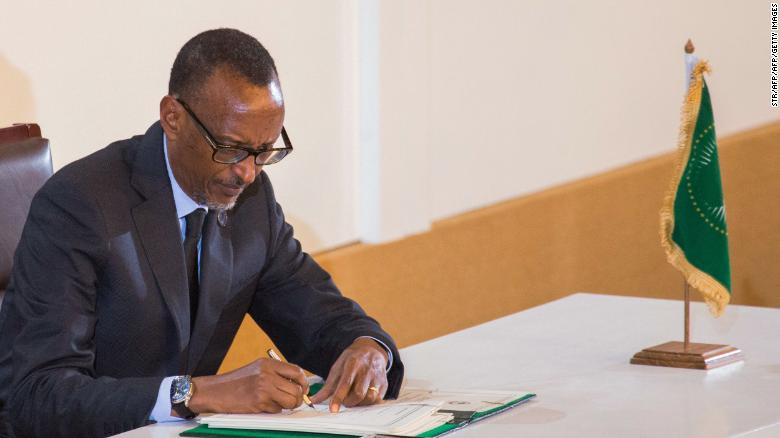
Furthermore, 27 countries agreed to allow the free movement of people across their borders. 22 countries must ratify the AfCFTA agreement before the trade deal can come into effect. It is hoped that this will be done before the end of 2018 and will be an addition to the Single African Air Transport Market signed in January 2018 when 23 member states signed a commitment to bring air travel under a common regulatory framework. It aims to boost connectivity and reduce the cost of intra-Africa travels. It is hoped that the implementation of all the agreements will eventually pave the way for total free movement of people across the entire continent, single currency and perhaps the African passport; to achieve real Pan-African integration.
My initial problem with AfCFTA is that much like far too many things in Africa, the acronym is unnecessarily difficult to pronounce. The other issue is that Africa is a continent, adding ”continental” to the title of the treaty seems to me an unnecessary repetition. Consequently, I think the title should simply be African Free Trade Area (AFTA).
A major drawback is that 11 countries including Africa’s largest economy and most populous country didn’t sign it. Nigeria, a major promoter of AfCFTA is
truly the heartbeat and pulse of Africa. Nigeria shapes popular culture, drives pride and remains the giant of Africa . Local labour unions and big corporations should support the treaty. It is certainly apt to make concerted efforts to get the buy-in of the trade unions and all the stakeholders before signing the AfCFTA agreement.
A great opportunity for Nigeria to enhance local production, invest in quality and achieve #BuyNaijaToGrowTheNaira. We have a big market and we can do it. Let's #BelieveInNigeria , play our natural role as leader, heartbeat and pulse of Africa. Labour Unions, wake up & lead Africa
— Emeka Henry Okoli (@EHOkoli) March 23, 2018
Other countries that didn’t sign are Botswana, Lesotho, Namibia, Zambia, Burundi, Eritrea, Benin, Sierra Leone, Guinea Bissau and South Africa due to domestic legal requirements that need to be satisfied. I totally agree that the constitutional requirements of the constituting nations must be satisfied. The civil society, trade and industry unions should also be mobilised to support the continental trade deal. It will in turn promote local democratic ambitions that will ultimately drive and strengthen the continental economic ideal.
The beauty of this African economic bloc is that it is a great effort to begin to redress some the calamitous effects of colonialism. Chiefly, the total destruction of the political and economic integration of historical intra-Africa trade routes that created
The Richest Man in Recorded History . If these intra-Africa trade routes created wealth prior to colonialism, they’ll surely create wealth for Africa United.
The Richest Man In Recorded History - Where has #Africa’s wealth gone to? Africa is unarguably the richest continent on...
Posted by HetoGrow Group on Tuesday, 1 March 2016
African Free Trade Area and Economic Development
Lingering issues with the regional economic blocs like Economic Community of West African States (ECOWAS), East African Community (EAC),Southern African Development Community (SADC) and Common Market for Eastern and Southern Africa (COMESA) need to be carefully managed. These trade zones must seek to eliminate hindrances to free flow of factors of production in a true common market for goods and services.
The broader implication of trade treaties goes beyond opening borders for free flow of people, goods and services. The opportunities to develop new Afrocentric operating models across many sectors must be thoroughly exploited. A good example is the standardisation of quality and trade documentation across the EU. There’ll also be risks and opportunities that will force diversification, competition and integration.
Africa will need to train and develop better equipped and skilled workforce to effectively mitigate the threat of competition and external forces that will seek to fracture the unity.
Lessons from the EU & Brexit
We must learn from the Brexit experience and understand the reasons why the UK voted to leave the EU and the implications for a trading bloc. Several surveys, interviews, debates and discussions at social gatherings, all concluded that the reasons people voted for Brexit are intertwined but can be categorised into three broad reasons.
Immigration
Locals feared they were losing their jobs, access to basic amenities and social/culture/traditional identity due to massive influx of migrants. Decades ago in Africa we had “Nigerians must go” in Ghana, followed later by“ Ghana must go” in Nigeria. Recently and particularly since 2015 we’ve been experiencing escalation of xenophobic in South Africa largely against other sub-Saharan Africans. The root cause is that locals feared massive influx of migrants that competed with them for scarce amenities, jobs, school places, etc. These issues need to be carefully managed.
Economic Vote
Areas where wage growth has been weak for years blamed it on EU policies. An example is the fishing industry where people feel they have been losing out to other fishermen from the EU. The lesson for Africa is that it is pertinent to ensure that economic development of less competitive countries is not unduly compromised. And ensure that they benefit visibly in other areas so that they also enjoy improved standard of living as a result of the super economic union.
Diminished National Sovereignty
This stems from the belief that the UK should be self-governing. There are intense sentiments in the UK about being told what to do, particularly by so-called unelected EU bureaucrats in Brussels who are perceived as being ignorant of cultural nuances, resulting in supposed forced integration into the EU. For AfCFTA, this implies that local traditions/identities must be respected. Local sentiments must be protected where they diverge from the continental objective. Therefore, where changes are introduced, due care must be taken to avoid adverse sudden impact on local norms that may instigate frayed nerves.

